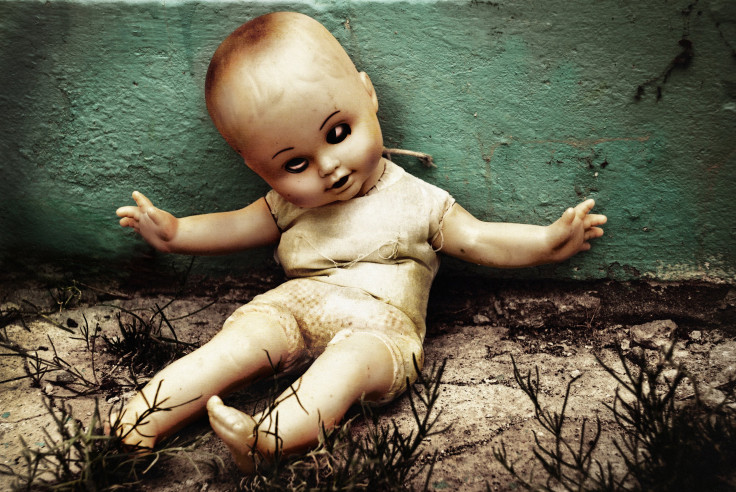Postpartum Depression And Postpartum Psychosis: Who’s At Risk And What Treatments Exist

One out of every five mothers does not experience increased calmness and decreased stress in the days following the birth of her child — this being the so-called normal response to giving birth — instead she feels anxious. In some cases, a woman quickly slides from simple anxiety into postpartum depression, which may even give way to a full-blown episode of postpartum psychosis. In a new study, researchers describe normal changes in a woman preceding and following birth, and then they outline her risk factors for developing postpartum psychiatric disorders, which may affect not only her life but that of her baby.
“There is substantial overlap in the symptomology of these disorders … and therefore, they can be considered as continuum,” write the authors, who propose studying these illnesses in animal models as a way to understand the causes and possible treatments.
So let's begin with a brief sketch of the typical response to pregnancy and birth.
What’s Normal?
In all mammals, the peripartum period (the final month of pregnancy) reveals profound changes in the mother’s brain hormones, physiology, and even behavior. In women, estrogen and progesterone — the main female sex steroids — progressively increase during pregnancy and then rapidly reverse within a few days of giving birth. These levels begin a final adjustment when a mother’s monthly cycle resumes (generally, within six months). Meanwhile, a woman experiences increased levels of cortisol, commonly known as the stress hormone, during pregnancy and following birth. At the same time, a new mother’s memory is undergoing changes. Her verbal recall, but not her working memory or her recognition level, becomes impaired during her last trimester. Though not verified, some researchers hypothesize a mother-to-be simultaneously experiences a boost in spatial memory; pregnant rats have been shown to perform better than their virgin peers when tested on spatial memory during the first two trimesters.
In terms of behavior, rat mothers, when exposed to unfamiliar intruders, are more aggressive than virgin females. Dare we say a new mother of the human species might respond more aggressively as well?
Risk Factors For A Postpartum Disorder
“The main predictor for depressive, anxiety, or psychotic diseases after delivery is an antenatal episode of the illness,” write the authors in their study. This, then, is both simple and clear: Women who have experienced an episode of depression or psychosis before pregnancy are more likely to develop a psychiatric disorder following birth.
That said, there are environmental factors which increase the likelihood of a woman developing a post-partum psychiatric disorder. Proven in scientific studies, these factors include drug abuse, smoking cigarettes, drinking alcohol throughout pregnancy, and low socio-economic status. In terms of postpartum depression, marital problems rank as a moderate risk factor, while pregnancy-related complications, such as having a Cesarean section or an instrumental delivery, rank as low risk factors. Finally, chronic psychological or socialial stress during the peripartum period may also contribute to the development of a psychiatric disorder.
So what’s an expectant mother, especially one who is at risk for a postpartum disorder, to do?
Averting The Crisis
To stem the tide, a woman can begin by reaching out to friends and family while still pregnant. According to the researchers, emotional support during pregnancy negatively correlates with depression. Following birth, breastfeeding her infant may help: When subjected to stress, breastfeeding mothers produce slightly smaller increases in cortisol. (Many mothers, through no fault of their own, may not find it possible to breastfeed.) Finally, psychological and in some cases pharmacological treatment may be required to prevent a woman from sliding into postpartum depression or psychosis.
"Pharmacological treatment may improve maternal mood, which, in turn, positively affects the infants," state the authors, who also note "there is little transfer of newer antidepressants to the infant via the milk and that they do not appear to be associated with serious adverse events, although longer term studies are required." Ultimately, the authors wish for more study, particularly extensive research using animals, to truly understand and treat these disorders.
Source: Perani CV, Slattery DA. Using animal models to study post-partum psychiatric disorders. British Journal of Pharmacology. 2014.
Published by Medicaldaily.com



























